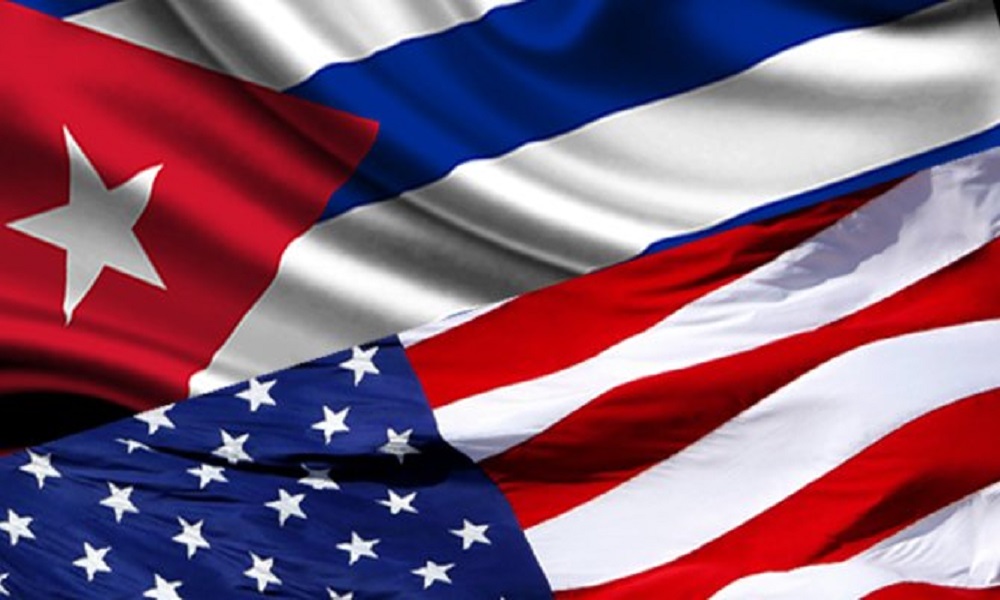
Cuba in the headlines, and it’s not good news
Cuba has been in the news the past few days. From sonic attacks producing mysterious complaints of hearing loss and concussions from persons yet to be seen or heard, to the new regulations regarding travel to the island expected soon from OFAC (Office of Foreign Assets Control). There’s also the warning issued at the end of September by the State Department not to travel to Cuba — a deterrent, interestingly, without any reason attached to it — and we seem to be back to a time when Cuba and the U.S. where warring, not meeting peaceably and respectfully across a table from each other.
On Tuesday and Wednesday (Oct. 10 – 11), the D.C.-based publication The Hill published two articles that are telling. One is a warning against a rash decision by the U.S. government, the other foretelling what is expected soon with the new regulations, which should play perfectly with the State Department warnings and the fear of alleged sonic attacks to unknown individuals.
In the first article, “America should strengthen, not abandon, relationship with Cuba”, The Hill’s Mark Feierstein explains that “The drawdown in personnel from the American embassy in Havana and the Cuban embassy in Washington in the wake of mysterious attacks on U.S. officials is a setback to the efforts begun by President Obama to reverse a five-decade policy of isolation that failed to advance U.S. interests.”
Later in the same opinion piece, Feierstein writes, “The expulsion of Cuban diplomats, however, was a more contentious step, given that the United States does not necessarily believe the Cuban government authorized the alleged attacks.”
We would emphasize the words “a more contentious step,” given that since the start of the ‘sonic attack’ allegations Progreso Weekly has questioned the reason(s) for the mystery that involves the U.S.-Cuba relationship that had worked smoothly under the Obama administration.
The following day The Hill published “Trump winds up to hit Cuba’s economy – twice”. The article seems to predict what appears to be a move to take several steps backward in the rapprochement that began in December 2014. In her article, Melanie Zanona explains that “the U.S. is expected to soon publish new regulations that will make it tougher for Americans to travel to Cuba.”
James Williams, president of Engage Cuba, an anti-embargo advocacy group, is quoted in the Zanona article stating, “It’s a really devastating combination. People [in Cuba] are really nervous.”
And well they should be. The effects of the past two week are already being felt by everyday Cubans. As explained in one of The Hill articles, “Julia de la Rosa, co-owner of La Rosa de Ortega B&B, which is listed on Airbnb, said she has received 29 cancellations from American clients over the last 30 days.” They add that “compounding the situation in Cuba is that the island has also been recovering from Hurricane Irma, while September is already a historically slow month…”
More than 346,000 American citizens visited the island during the first six months of 2017 — a 149 percent increase from the same time last year.
Travel to the island had started to become commonplace from both sides. Progreso Weekly stands by the belief that travel to and from the island has been a great part of the solution to a long-standing problem between the two countries. And since December 2014, we have seen a normalcy established between peoples on both sides that had not been there before. That normalcy is a first step in the peace we wish for two neighbors that are only 90 miles from each other.
The election of Donald Trump and his visit to Miami earlier this year seems to have put a stop to this peaceful transition of policies by both sides. With Sen. Marco Rubio and members of Congress Mario Diaz Balart, Carlos Curbelo and Ileana Ros-Lehtinen leading the way, we’ve stepped back into a time warp where lies and the fabrication of emergencies, hostility and political bravura seem to be dominating the U.S.’s approach with the island nation.
We will finish with a quote taken from The Hill’s article asking that the U.S. not abandon the relationship with Cuba:
The perpetrators of the alleged attacks on U.S. officials apparently wanted the U.S. and Cuban people to drift apart again. Whatever the origin of the illnesses afflicting U.S. diplomats, Cuban opponents of President Raul Castro’s opening to the United States will be pleased if Americans disengage from Cuba, and critics of normalization in the United States are cheering the renewed tensions. For the benefit of the Cuban people and Americans with a stake in the relationship with Cuba, it is important that the latest developments do not derail the historic reconciliation between the two countries.

